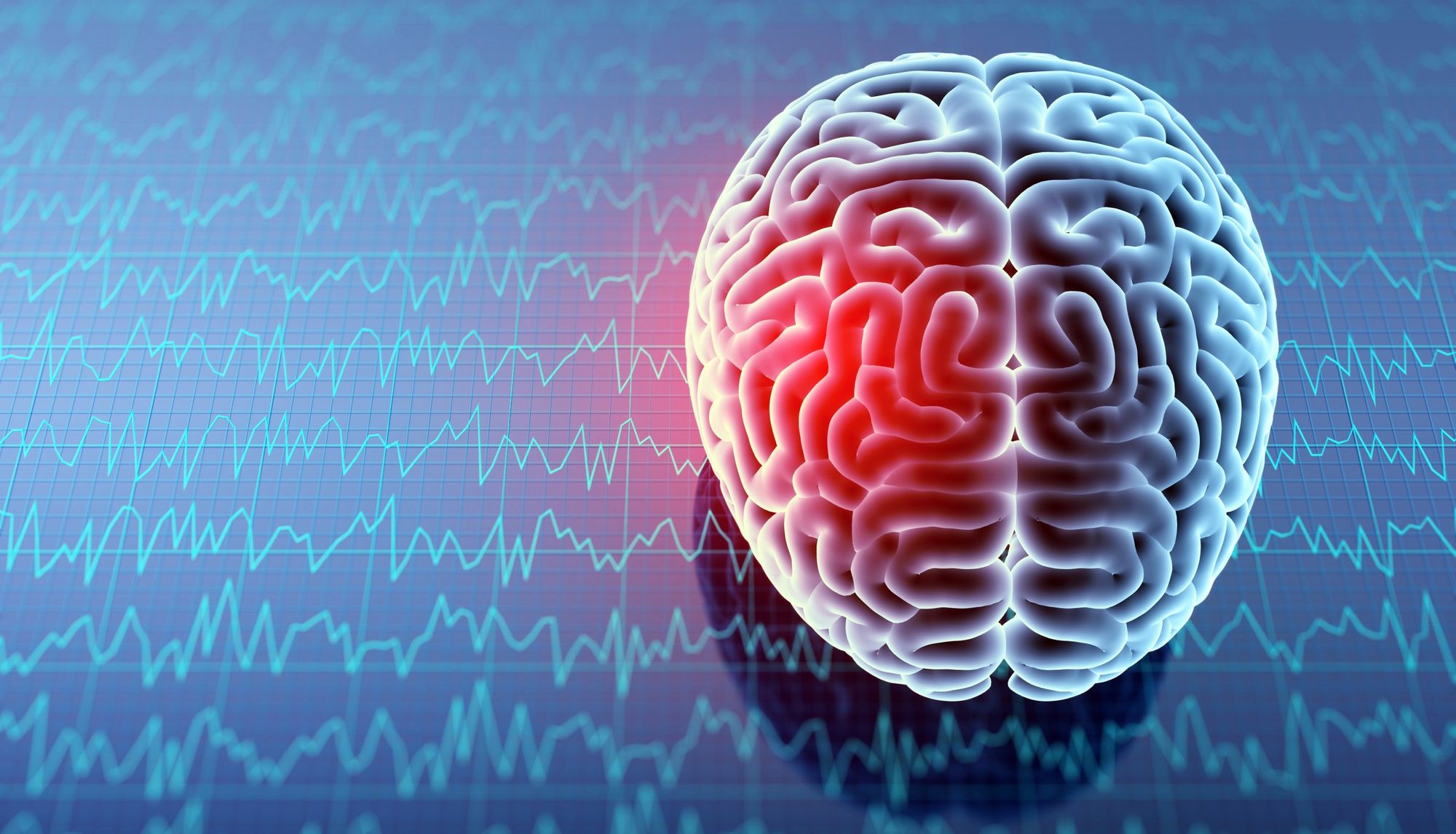15 weeks ago I went for a small ski holiday in my home country that replaced my boring workaholic life with a vivid fever dream. This is my concussion story.
The pledge
I went for a ski holiday in Bulgaria with a few buddies back in the beginning of March. It was a long weekend which meant that the ski slope was overly saturated with eager skiers and not particularly well maintained.
To avoid overcrowding, we took to the slopes early in the morning and had an hour or so of quite nice, relaxing skiing. Inevitably though, the clock hit 10:30 AM and after arriving to the lifts with my friend, we both groaned as we saw the massive queue. We were like 20 meters away from the queue and we were slowing down. I turned to my friend in exasperation, I got distracted and lost control of my ski: My left ski ran into a snow pile, while my right ski continued clear which resulted in me turning around 180 degrees.
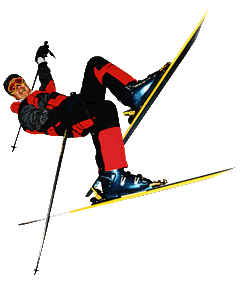
And then, disaster struck, and both of my ski dug into the ground, which meant that I came to an abrupt stop, but my body was carrying a forward momentum. That momentum had to go somewhere, which meant that my ski lifted up a bit from the ground and then got wedged quite firmly in the ground. At that point, the momentum of my body was firmly pointing downwards which meant that I was slammed, back first into the ground, whiplashing my head into the snow.
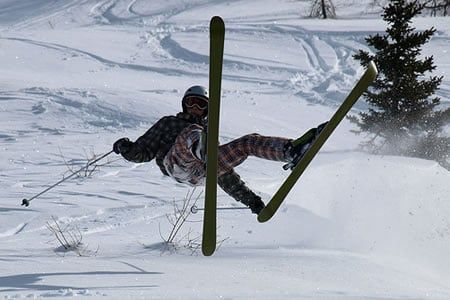
Ouch. I looked at the sky briefly and I thanked my past self for having the foresight to wear a helmet. I immediately developed some slight headache and my mouth started salivating a bit. A micro concussion I thought, as I slowly stood up. My friend came to a stop and and asked me the typical concussion questions, such as, do I know who I am, where I am, etc. Since my memory was intact, and I felt clear headed, I continued skiing for the rest of the day, albeit taking it easy.
We finished the day at about 3 PM, I went back to the hotel, took a painkiller for my back (unrelated injury), and went about my day. Had dinner, then went to the karaoke bar. The headache disappeared and I was feeling quite good, even sung Let it Go! and Dancing Queen. I was doing great and I thought the accident would just be a bad memory in the morning.
The turn
Late at night, I went back to my room, pulled my laptop out to do some work, just to reinforce the stereotype that academics never go on holiday and... Oh my god, I just couldn't look at the screen. It's like looking at the computer screen gave me a strong buzzing in my head and I started going dizzy. I closed the laptop and went to bed, now slightly worried. Ok, I definitely have a concussion. Oh boy, little did I know...
I woke up next morning, and I took my phone to look at the time. The buzzing in my head returned as soon as I looked at the small screen. I guess I am not skiing today. A friend of mine drove me home. My condition deteriorated noticeably in the next two days, just as steadily as my terror grew.
24 hours after impact
- Light started bothering me, like, a lot. I had to be in a dark room all the time.
- Things were... Blurry. Fast moving objects, especially at night, looked a bit weird.
48 hours after impact
- Reading became difficult and quite tiring.
- The left part of my face went numb.
- Taking walks made me dizzy.
- Talking about anything complicated made me dizzy.
- I needed a nap after literally any simple task, such as chopping vegetables for a meal.
- I couldn't follow a conversation with more than one person.
72 hours after impact
- I noticed that my world had started shaking. With every heart beat, my whole field of view would jump, just a little, but quite noticeable.
- Closing my eyes didn't stop the flickering. It persisted until I fell asleep.
At this point I was seriously panicking. I couldn't do any work, hell, I couldn't do almost anything. Essentially anything that moved made me dizzy. I couldn't look at people's faces when they spoke to me, as it made me dizzy. At this point, I went to see the doctor, I told her about my symptoms and she did the finger test. I could not follow the fuckin finger. I asked my doctor Aren't you moving the finger a bit too fast? No, she said, with a slight tremble in her voice. Go and see a neurologist, now!
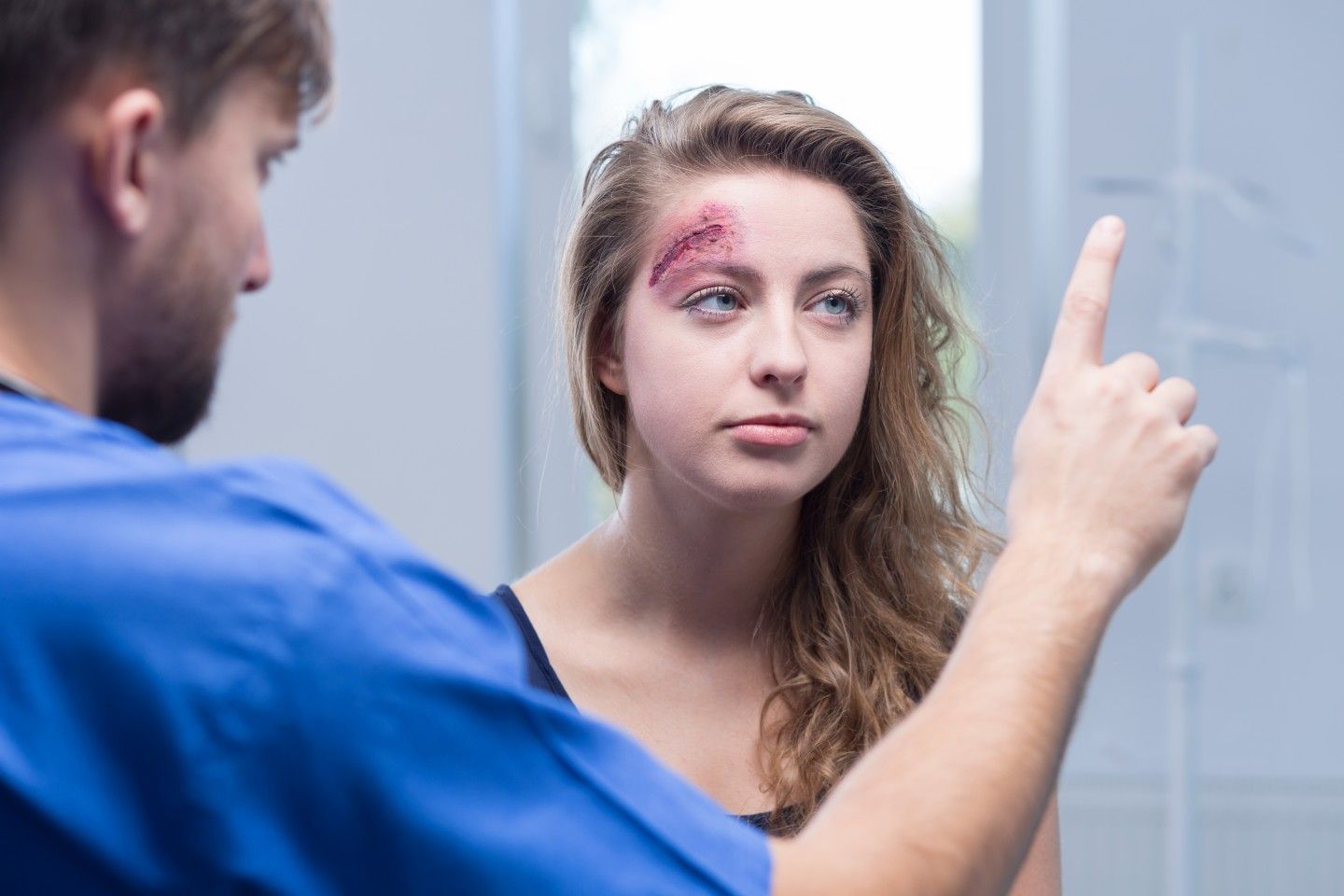
My father helped me book a neurologist appointment for the next morning and I went to sleep at about 9 PM.
I turn and toss in my dreams, having violent nightmares. I wake up sweating and think that maybe the whole thing was just a dream. I look at my phone to check the time and the buzzing in my head returns. No, this fever dream of mine is real. I fall asleep again...
The prestige
The next morning, I headed for my first ever CT scan. Admittedly, all the other people there looked in a much worse shape than me and surely my injury wasn't that bad. The doctor says I'm lucky and that there's no bleeding, or brain swelling, it's just a "minor concussion". Only later did I find out that they refer to any injury in which your brain is not sticking out of your skull as a "minor concussion".
Afterwards, I went to see a neurologist, who somewhat dimissively said it's just a concussion and prescribed me generic over-the-counter brain supplements and a week of intravenous Mannitol.
Then I went to see an ophthalmologist for my visual symptoms. She formally diagnosed me with Horizontal Nystagmus, which is the inability of the eyes to focus on objects. This is essentially what prevents me from reading, or doing pretty much anything. She prescribed me a month worth of travel sickness pills and told me to rest well and stay in a dark room until I recover. I was banned from any form of exercise that moves my head or raises my blood pressure, which basically left the stationary bike as the only choice.
Well done me. Took a 3 day holiday once a year and gave myself a concussion.
Aftermath
At that point, I was somewhat relieved. After all, no brain swelling, no brain bleeding. I knew that most concussions resolve by themselves within two weeks, and after all at that point, I had no reason to think it would go any longer than that. Ah, such good are the times filled with hope.
I discovered several coping mechanisms that made my daily life easier.
- Take off my glasses. This myopia-enabled lifehack made sure that I walked around in a sea of blurriness and gave my brain a rest from any overly acute vision. This helped out a ton from preventing dizziness.
- Eliminate blue light from all my devices. Less pretty, but much easier on my vision.
- If going for a walk with someone, close my eyes and ask them to lead me like a blind person. Much easier for me to go out that way rather than on my own.
- Do not use any lights after dark, and stay in a dark room.
The dullness
Oh my god, I never realised how much boredom a person can feel. Things that I could do during the day were limited to:
- A short walk, accompanied by someone.
- A phone call or two with a friend, but not too long.
- A conversation with one person, but mostly in a dark room.
- Cooking, albeit with naps in between steps.
- An audiobook, albeit not more than 20 minutes or so.
Everything left me utterly exhausted. Small tasks such as translating my 4 line sick note into English and sending it to HR required an hour of nap afterwards to recover.
The friends and family
I was grateful to be surrounded by so much love from everywhere. As I was unable to read my messages, everyone promptly converted to sending voice messages to me. People made sure to check on me regularly and to try to keep me entertained with stories from their lives. Some did medical research for me, others volunteered their own experience with concussions. Some visited me at my home and sat with me in darkness, while others accompanied me as a chaperon to important events that I could not put off or doctor's visits.
My supervisor went to HR and did all the annoying bureaucracy navigation so that I was promptly put on a sick leave and not bothered by anything. My PhD advisor came to see me. My coworkers and collaborators promptly took away all my duties so that I could focus on my recovery.
My family was available at all times to chat to me, or to drive me to my treatment, as necessary.
And finally, my online gaming buddies noticed my abrupt departure.
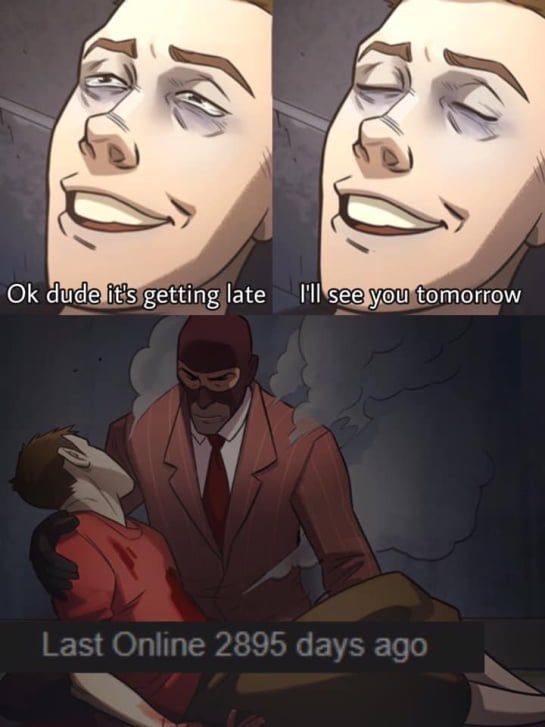
A few of them inquired about me and managed to obtain my phone number, so they could ask about my recovery. Whoever says that gamers are shallow and do not care about anything is so utterly wrong.
The long, twisted and uncertain road to recovery
In the first week or so, things got a bit better, most notably I was able to listen to audiobooks for hours at a time. I was convinced that I would be able to return to work after the two week period, but that turned out to not be the case.
Error and error
In the second week my recovery slowed down. I would wake up and attempt to do something and inevitably suffer for it.
The left side of my face was numb all the time, and it got worse if I strained myself, almost like a litmus test for what I was supposed to do and not do. Gradually I mapped for myself lists of activities that made things worse.
Rustling leaves, water reflections, busy streets or the sight of boiling water all made me incredibly dizzy. My eyes could not cope with multiple moving objects at once. I walked almost everywhere without my glasses.
Sudden head movements, such as tossing in your sleep, or skipping a step at the stairs, or taking a bus that takes a sharp turn resulted in days of headache, and noticeable worsening of my nystagmus.
Any amount of screen time felt bad. The small phone screen felt a lot more comfortable, but reading text with lines wider than 3 cm was impossible.
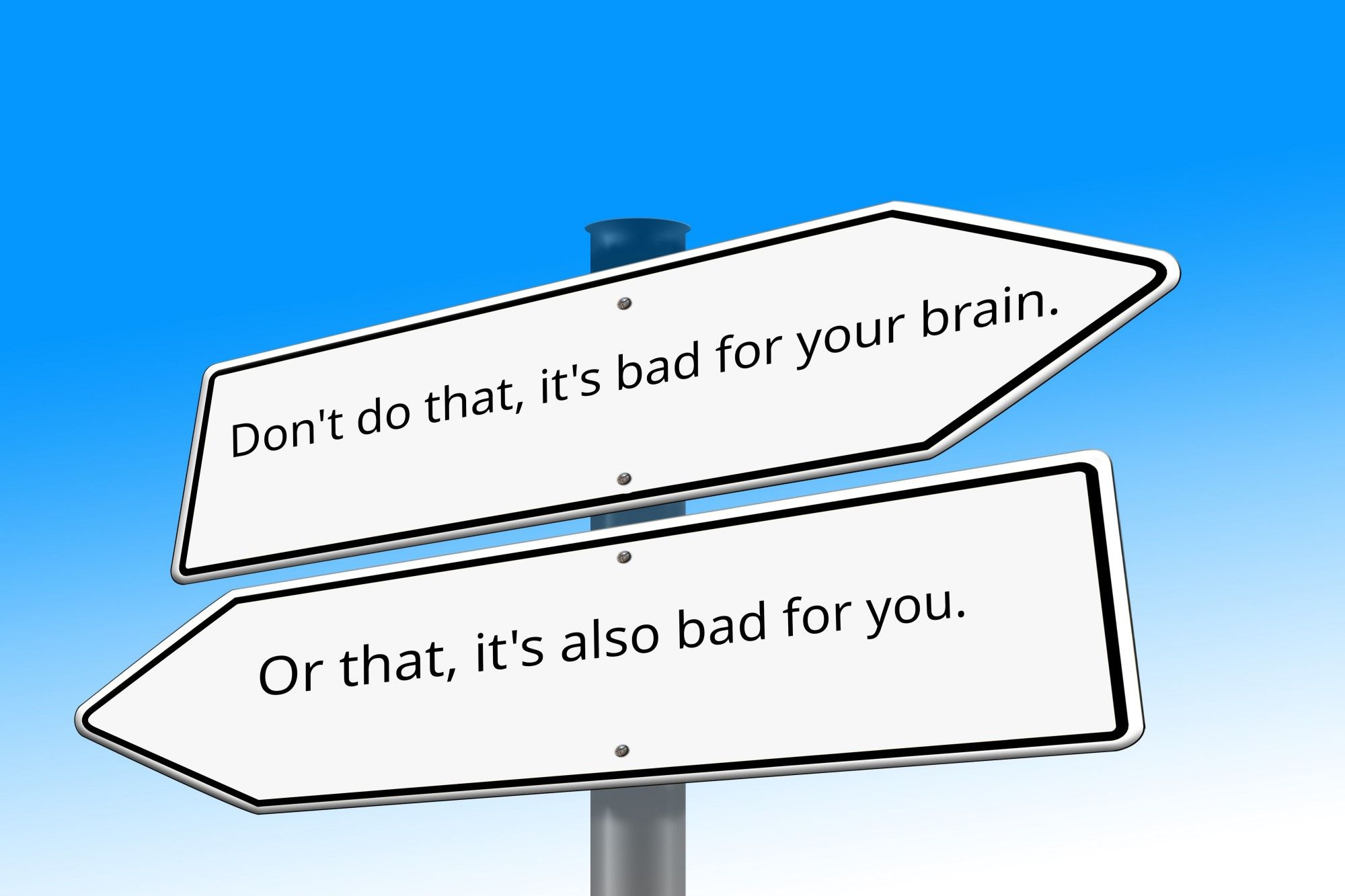
This lead me to scour the Internet for answers and tips, hopefully to speed up recovery.
Surely I could do something
I mean, modern medicine is great, they can cure almost anything. Well, it's true, but concussions are very tricky for several reasons:
- It's difficult to study them. One could easily find unvaccinated volunteers to infect with covid in the name of science, but I can hardly imagine a bunch of people volunteering to be given concussions in a predictable and controlled environment.
- Every person has slightly different brain chemistry, susceptibility, and reaction to head injury. Recovery timelines, treatments vary a lot from person to person and seem to be only loosely correlated with the severity of the blow.
- 80% of concussions cases in young, healthy individual take under 2 weeks to recover, making the other 20% not only unlucky, but looking for help from doctors who aren't sure what to make of their symptoms. It should have gone away by now, do you just want to try some more paracetamol?
- Most concussion research, specialist and treatment centres are localised in the USA. No idea why.

Surprisingly, the knowledge that most people recover a lot faster than me didn't make me feel better. Go figure.
Next, I decided to go on reddit and read about people's experience with concussion recovery, and that was, what I would call an exercise in depression. The only people that would go on reddit to discuss their concussion are the ones who do not recover. Essentially I ended up obsessively reading about other's suffering and hopelessness, while worsening my symptoms. Not fun.
My doctor kept saying, to just wait and wait until I feel better. No timeline on when that "better" is going to happen.
Things that help
Just as I stumbled on things that don't help, I also stumbled upon things that do help... Me. They might not help other people as concussions are very individual, but this is what helps me.
- Eliminate blue light from all your screens. It makes every single light emitting devices infinitely easier to do use.
- High refresh rate screens. I discovered this randomly by visiting a gaming buddy and noting how his screens didn't bother me nearly as much as mine did and turned out they are high refresh rate. I replaced my phone, laptop and desktop monitors and this allowed for significantly more screen time, although it still bothered me.
- Eliminate screens altogether, as difficult as that might be. I seldom managed.
- Eliminate stress. Easier said than done, but the first time when my face numbness abated was when I booked a sensory deprivation chamber and managed to let go of my thoughts.
I stay up at night, wondering if I would ever be whole again. I fall asleep in the small hours of the day and wake up in panic. The left side of my face is ever so numb, something always feels wrong.
The following months
The worst thing about concussion recovery is how non-linear it is. Some days are fine, some days are not. Some days, I can work for a few hours with constant, although not-getting-worse headache. Other days, I can not even look at a screen for 5 minutes.
I started getting gently into exercise and that was fine until it suddenly wasn't. It's very hard to know when you overdid something, as you wouldn't feel the effects immediately, but in the next few hours, and end up spending a week in bed. You panic and you look for treatments online, but they all seem to be US based, have 3-4 month waiting time and come with a hefty pricetag. You wonder if it is worth booking one now, or you would get well on your own.
Your life essentially goes on a pause. Professional, personal, everything. It just stops. Your work output is close to zero and your social interactions are limited as you need to avoid crowds and noisy places.
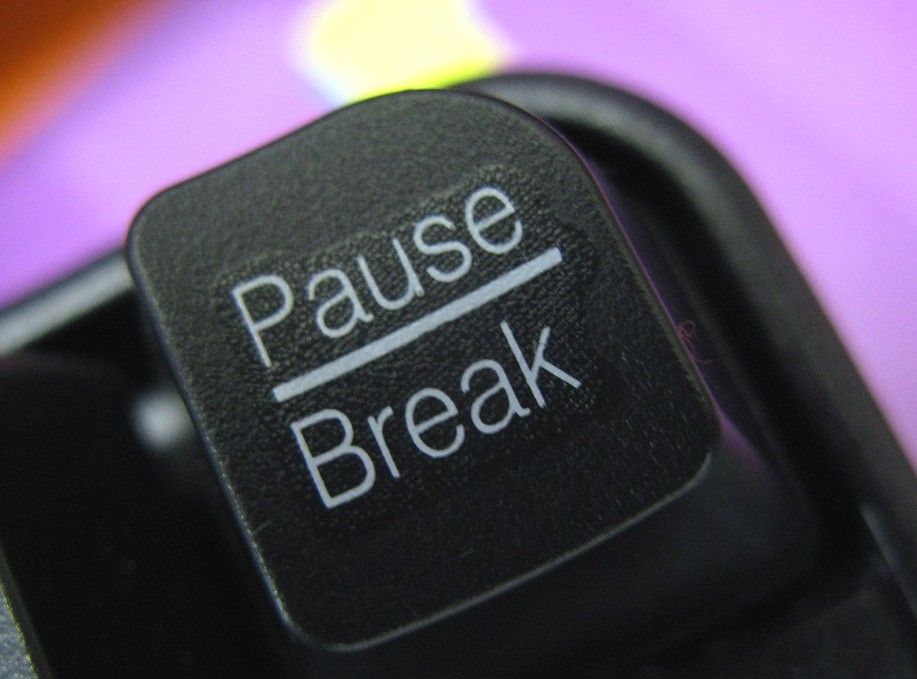
Drugs
As a final bit, I will provide a list of supplements that I have been taking, hoping some of them are helping to improve my concussion. This is all research done by me, and not recommended by a doctor. I DO NOT RECOMMEND that you take any of those if you have a concussion, do so at your own risk. Consult a doctor, preferably a concussion specialist.
- Turmeric & Boswellia Serrata -> Anti inflammatory, no brainer.
- Creatine and Taurine -> supposedly, they are necessary for neuron building
- Omega 3, alpha-lipoic-acid -> Generic brain supplements.
- NAC (N-Acetyl Cysteine) -> Supposedly has neuro protective effect, especially if taken right after concussion. Extensive research is done, with some human trials, but still very early stage.
- Magnesium L-Threonate -> An alternative form of magnesium, that passes the blood brain barrier. Helps some people with cluster headaches and is allegedly good for your brain.
The current state
As of today, I'm entering week 15 of my concussion. I can mostly do non demanding computer work (hence this blog post), but coding is hit-or-miss. I struggle a lot with reading A4 length text or side-to-side text on wide screens, but it is getting better. My world flickers a bit every once in a while, especially if I overexert myself by reading, but it is also getting better.
I can not watch any videos or TV series that have abrupt changes in the colour scheme (eg, trailers, jumping from one scene to another). Some sports such as snooker, football are OK, as they maintain mostly static colour scheme.
Airports, noisy restaurants make me dizzy. I am the weird guy that goes to play pool in the bar with noise canceling headphones. Going on walks seems to be mostly fine, but on some days it's not.
I never realised before how much I love what I do. I am full of ideas, plans and projects that I will work on when I get better. I keep a list of cool coding projects to do, movies to watch, books to read and sports to play when I get better... And this is where the fear kicks in.
I am afraid to do almost anything. If I decide to jump, would I spend the next week in bed? Can I drive? Can I go swimming? Can I travel? Can I see a movie? I keep falling behind on work and missing opportunities. Will I ever go back to work? Will I have to worry about financial security? Will I ever play a video game again?
I hate living in fear all the time... But I am alive. Treatments for people that do not get better on their own exist and I can afford them should I need them. Concussions are a horrible thing to happen to anyone, but I mine is not a severe case and I am getting better, albeit slowly. I have friends and family that support me and I am surrounded by care and affection.

